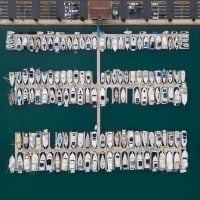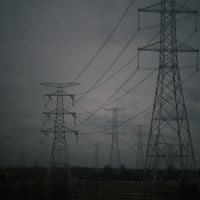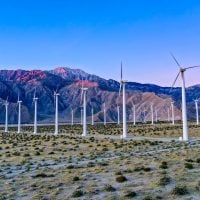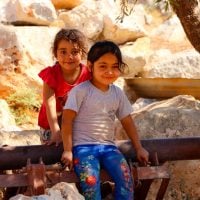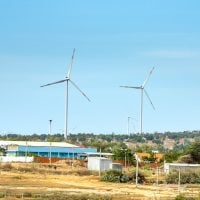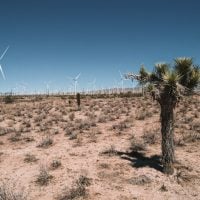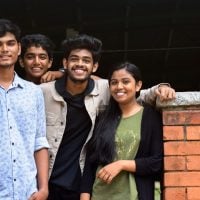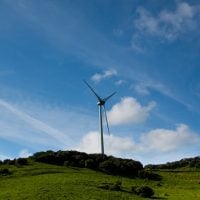Deadline: 6-Apr-23
Internews’ Earth Journalism Network launches the Our Mekong, Our Say Step-up Video Storytelling Fellowship with the aim to train content producers from the Lower Mekong countries to tell impactful visual stories about natural resources governance.
The Lower Mekong region hosts one of the world’s most significant biodiversity hotspots and is home to abundant natural resources, from lush forests and ecologically sensitive rivers to minerals and precious metals.
These natural resources provide important sources of food, shelter and income to millions of people in Cambodia, Laos, Myanmar, Thailand and Vietnam.
But these invaluable assets — which are integral to the cultures in this region — are in decline and becoming scarcer, due to multiple factors.
One of those is poor governance which leads to unregulated exploitation, corruption, and lack of transparency that results in unequal power among stakeholders. The voices of local communities, especially women and other marginalized people, are often left out of policymakers’ decision-making relating to the use of natural resources.
To establish good and sustainable natural resource governance in the Mekong region, access to information is key as it enables the public to monitor the health and management of natural resources, participate in the decision-making process, and hold governments and businesses to account.
Journalists, citizen journalists and content producers play a significant role in making important information about natural resource management accessible and understandable to the public. In the digital era, it is crucial for information to be presented in a way that is visual and can be easily accessed using mobile phones to draw attention and reach wider audiences.
They aim to select 25 Fellows from the Lower Mekong countries, who will get to learn the skills of effective video storytelling. During the Fellowship, they will learn how to strengthen human-interest angles and how to use effective mobile phone tools to produce engaging videos. Fellows will also deepen their knowledge of natural resource issues in the Mekong region.
Fellowship logistics
- Two sets of training will be organized in early June:
- An online training delivered in English, with Burmese language interpretation support, targeting 15 content producers from across the Mekong region, and
- An in-person training to be held in Bangkok, targeting 10 Thai-speaking participants.
- Following the training, participants will be invited to pitch video story ideas that examine the challenges in Mekong natural resource management and their impacts on local communities and natural habitats. Applicants will also be encouraged to report on local initiatives that demonstrate resilience in the face of these challenges.
- They will select the 10 best story ideas and award these applicants with grants of USD 2,500 each to produce their proposed video. Grantees will also be mentored by experienced video journalists. These videos will be screened at select venues or community areas to showcase the Fellowship’s outcomes and raise public awareness about natural resources governance.
Eligibility Criteria
- This Fellowship is open to applicants from five Mekong countries: Cambodia, Laos, Myanmar, Thailand and Vietnam. Applicants from Thailand will join the in-person training tentatively held in Bangkok or a province in Thailand. Fellows from the rest of the countries will be placed in the virtual training.
- This opportunity is open to citizen journalists, professional journalists, bloggers/vloggers and social media content producers who have basic skills in video making and would like to improve their video storytelling skills and report on Mekong’s natural resources governance issues. Participants must have video shooting and editing equipment (including mobile phone or camera) as this Fellowship won’t fund equipment purchases.
- This Fellowship is not for beginners, but rather for participants who already have some basic shooting skills and equipment and want to upgrade their skills in advanced storytelling, editing, and sequencing techniques.
- Fellows must commit to supporting the screening events in collaboration with other grantees and EJN.
- EJN reserves the right to disqualify applicants from consideration if they have been found to have engaged in unethical or improper professional conduct.
Judging Criteria
- These are the qualifications they are looking for from the applicants:
- Applicants must have basic video shooting and editing skills.
- Applicants must have video shooting and editing equipment necessary for practice in the training sessions and to produce a video if awarded a grant. Both mobile phones and DSL cameras are acceptable.
- Applicants must demonstrate their motivation and interest to tell stories areas about natural resource governance in the Mekong region, although they don’t need to demonstrate experience in reporting on this issue. Experience in reporting on the environment is a plus.
- Applicants must bring video story ideas to the training and be ready to move forward with the financial and mentorship support they receive under the Fellowship.
For more information, visit Earth Journalism Network.


